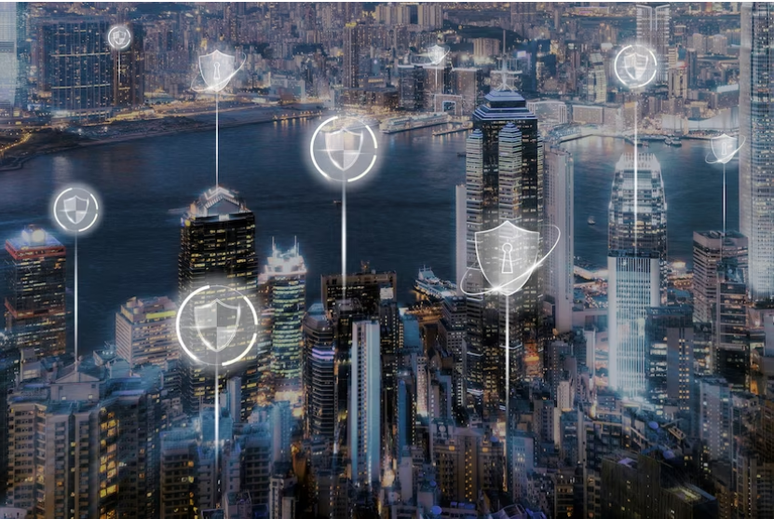Apartment buildings that collect data from people who frequent them must take measures to protect the data collected.
Faced with a scenario of high crime that has lasted for years, as stated in the art relationship by the United Nations Office on Drugs and Crime (United Nations), residential and commercial condominiums seek greater ownership and personal security for their condominium owners, employees and visitors. In this research we inevitably end up investing in new technologies and one of these are access control systems, which currently have various resources, which store for some time not only the data of the people who pass through their entrances, but also the impressions, digital records, audio and video recordings, copies of documents, vehicle information and more recently facial biometrics.
Data which, if it falls into the wrong hands, can cause material or moral damage to its owners. In this context, once measures have been taken for the physical safety of condominium owners, employees and visitors, condominiums must seek appropriate practices for the security of recorded data, especially if biometric data is collected, as required by the General Protection Law some data (GDPR), establishes that this is sensitive data.
The LGPD protects individual rights relating to personal data and is applicable not only to formally constituted legal entities, but also to natural persons and depersonalized entities carrying out data processing activities, including condominiums that collect and manage personal information.
The care taken by condominium owners towards the data collected is due to the fact that the LGPD also applies to them, as explained Luiz Henrique de Cristopartner of Vivaacqua lawyers“according to the LGPD, in this case, the condominium is considered the owner and the company providing the service, manager of the data collected, so that the person injured by the leak or misuse of their data has the right to request compensation for damages suffered in the towards the company providing the services or the condominium, pursuant to article 42 of the LGPD”.
Luiz continues: “similarly, both condominium owners, in this case controllers, and operators are subject to fines that can reach R$50,000,000.00 per infraction.”
Ricardo Viviacquafounding member of Vivaacqua lawyerswhich has been operating in the field of insurance law since 2011, recalls that “condominiums can mitigate the risk deriving from the collection and processing of data by taking out insurance. Condominiums normally have policies that cover damage caused unintentionally to third parties, but they must check its scope and, if it does not cover LGPD-related issues, you need to check whether the service provider is contractually responsible for obtaining a policy that covers LGPD-related claims, as there are already products launched by insurers to cover related risks to the LGPD to the LGPD”.
Website: https://www.vivacquaadvogados.com/
Source: Terra
Rose James is a Gossipify movie and series reviewer known for her in-depth analysis and unique perspective on the latest releases. With a background in film studies, she provides engaging and informative reviews, and keeps readers up to date with industry trends and emerging talents.






